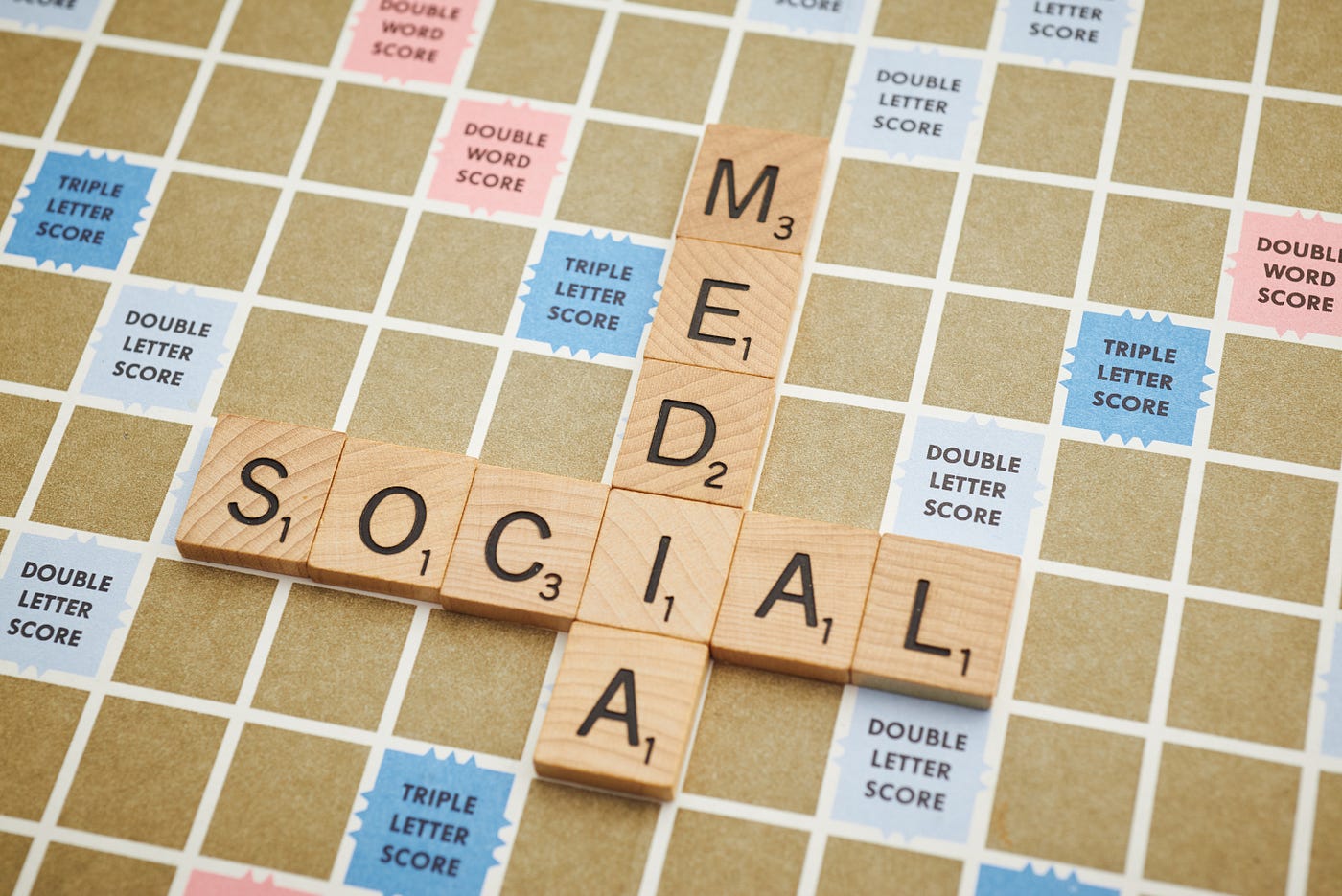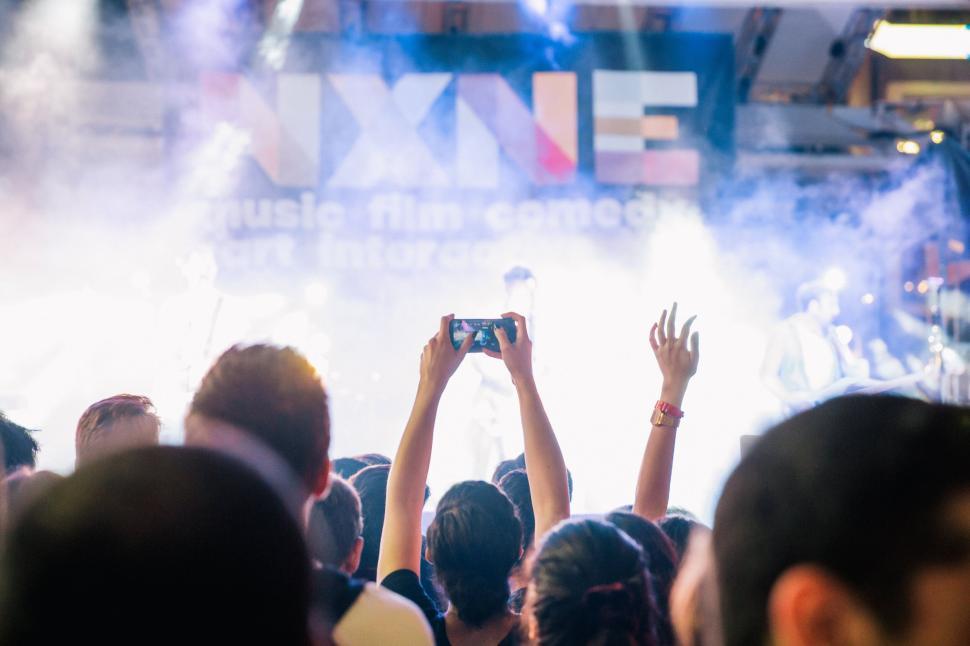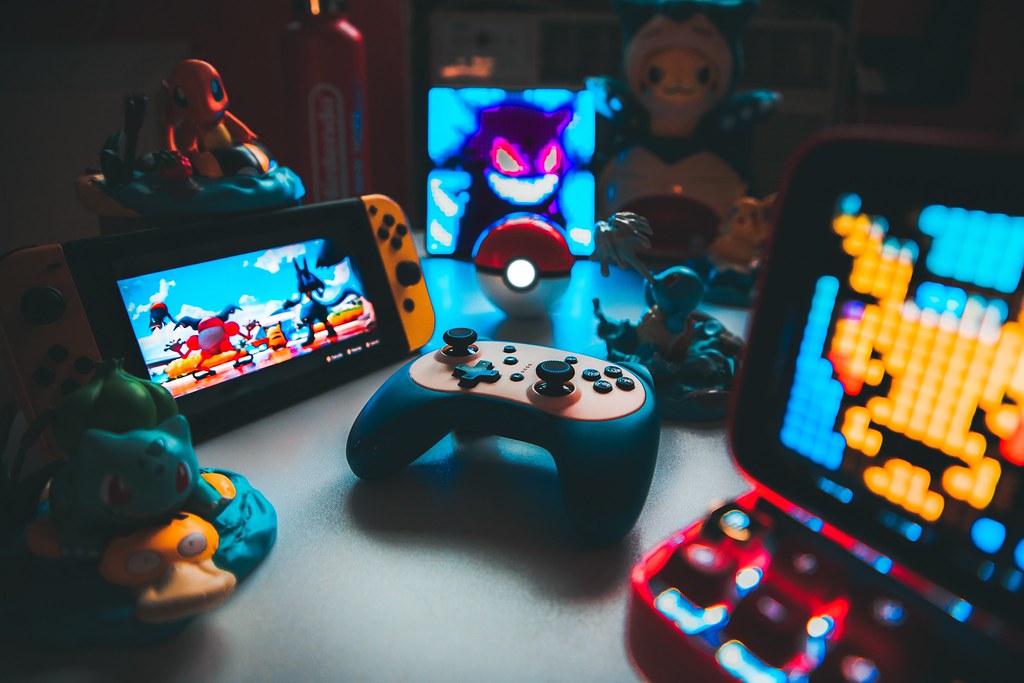Introduction
In the 21st century, social media has emerged as a powerful force, profoundly influencing nearly every aspect of modern life. From reshaping communication to altering how we consume entertainment, social media’s impact on pop culture is both pervasive and transformative. This article explores how platforms like Instagram, TikTok, and Twitter have become cultural trendsetters, driving changes in fashion, music, and even political discourse. Whether you’re a casual user or a digital marketing professional, understanding this dynamic relationship is essential in navigating today’s cultural landscape.
The Rise of Social Media Influencers
One of the most visible impacts of social media on pop culture is the rise of influencers. These individuals, who amass large followings on platforms such as Instagram and TikTok, have become central figures in shaping trends and opinions.
Influencers as Trendsetters
Influencers have a unique ability to drive trends through their endorsements and personal brands. For instance, fashion influencers on Instagram can make or break clothing lines, with their outfit posts often leading to viral trends and increased sales for brands. According to a study by the Influencer Marketing Hub, 63% of marketers increased their influencer marketing budget in 2023, highlighting the growing importance of this trend.
Case Study: The TikTok Effect
TikTok, in particular, has demonstrated how social media can create and amplify trends. The platform’s algorithm promotes viral content, leading to rapid dissemination of trends. For example, the viral “Renegade” dance, which originated on TikTok, gained massive popularity and was featured in mainstream media and live performances. This phenomenon illustrates how social media can propel grassroots trends to global recognition.
Social Media and Music Trends
Social media has revolutionized the music industry, offering artists new ways to reach audiences and gain popularity.
The Streaming Era
Platforms like Spotify and Apple Music, integrated with social media, allow for real-time sharing and discovery of new music. Artists now leverage social media to release singles, share behind-the-scenes content, and engage with fans directly. The result is a more interactive music experience and a faster cycle of music trends.
Viral Hits and Challenges
Social media also plays a crucial role in the virality of music. Challenges and dance routines on platforms like TikTok can propel songs to the top of the charts. The success of Lil Nas X’s “Old Town Road” is a prime example; the song gained massive traction through TikTok before becoming a global hit.
Social Media’s Influence on Fashion
Fashion is another domain where social media’s impact is vividly apparent.
Trend Acceleration
Social media accelerates the pace at which fashion trends emerge and fade. Instagram’s visual-centric platform allows users to showcase their outfits, influencing fashion trends and consumer behavior. Brands and designers use social media to preview collections and engage with their audience, creating a direct line of influence between fashion houses and the public.
Sustainability and Ethical Fashion
Social media has also heightened awareness of sustainability and ethical fashion. Influencers and activists use platforms to promote eco-friendly brands and challenge fast fashion practices. According to a 2023 survey by McKinsey, 40% of consumers said they are influenced by social media when making fashion choices, with a growing emphasis on sustainability.
The Impact on Political and Social Discourse
Beyond entertainment and fashion, social media has significantly impacted political and social discourse.
Amplifying Voices
Social media platforms have become a powerful tool for social movements. Hashtags like #MeToo and #BlackLivesMatter have gained global attention, mobilizing support and driving social change. These movements leverage social media’s reach to raise awareness and foster activism, illustrating the medium’s role in shaping contemporary social issues.
Challenges and Controversies
However, the influence of social media on political discourse also brings challenges, such as the spread of misinformation and polarization. The ease with which false information can be disseminated highlights the need for critical media literacy and responsible usage of these platforms.
Conclusion
Social media’s impact on pop culture is profound and multifaceted. From influencing fashion and music to shaping social and political discourse, its role in modern society is both significant and evolving. As social media continues to integrate into our daily lives, understanding its effects on pop culture will remain crucial for both consumers and creators alike. By staying informed and adaptable, we can navigate the ever-changing landscape of pop culture shaped by this digital revolution.





